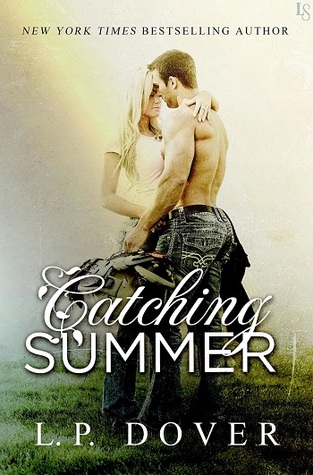Genre:
Young Adult/New Adult
Action/Drama/Psychological/Horror
Supernatural/Seinen
Series:
Tokyo Ghoul: Days, #1
(set in the Tokyo Ghoul Universe)
Release Date (JP):
July 19, 2013
Release Date (US):
October 18, 2016
Published by:
Jump j Books (JP)
VIZ Media LLC (US)
VIZ Media LLC (US)
Written by:
Shin Todawa
Illustrated by:
Sui Ishida
Synopsis:
In the café Anteiku, where Ghouls gather, danger and the possibility of discovery loom. Yoshimura, the café's owner, is watching a certain someone. What sort of darkness will that person bring to those who hunt and those who are hunted? This book chronicles six all-new stories from the Tokyo Ghoul universe.

~~~
Series Titles:
Tokyo Ghoul: Void Tokyo Ghoul: Past
(covers link to Goodreads)
~~~~~
*My Thoughts*
Note: This review contains spoilers
It is written by Shin Todawa and illustrated by Sui Ishida. Tokyo Ghoul Days is for those familiar with the Tokyo Ghoul manga by Sui Ishida. Analytically, it’s written in third person omniscient which allows the reader to understand the main charater’s feelings, the vocabulary can be read at a fifth or sixth grade level, but the English translation doesn’t seem to do Tokyo Ghoul Days justice. It’s either too literal or felt inaccurate as I read through it. Like, “Takatsugi?” I’m sure it’s “Takatsuki.” I quite enjoyed the book but it was difficult at first to dive right in, as the first story, Hide’s story, confused me a bit. If the reader isn’t familiar with anime and manga, the story is slightly perplexing because the first story jumps from flashback to present and from character to character without warning. But I got through the whole thing.
Breaking up the light novel into its six stories:
The Bible: Hideyoshi Nagachika, nicknamed Hide, is the first character from Tokyo Ghoul to have his light novel debut. I maintain my previous complaints about this story, as stated in the beginning of this review. The story follows Hide during his time without Kaneki and features a few of their memories together but it jumps around without warning. I’m glad as a Tokyo Ghoul fan to learn what Hide was doing during the time Kaneki was adjusting to his new life as a half-ghoul and it displays Hide’s intuitive side.
Lunch Boxes: This one is probably my favorite out of the six stories, most likely because Touka Kirishima is my favorite female character in Tokyo Ghoul. Lunch Boxes follows the friendship between Touka and her human friend, Yoriko. It displays Touka’s struggle to live her life as a ghoul and a human in high school. I thought it was sweet but a little cliché with that basic “Mean Girls,” bullying plot to it.
Photos: I didn’t find Photos as memorable as others. This story follows the beginning of Shu Tsukiyama and Chie Hori’s friendship, during Tsukiyama’s high school days. This is more of an introduction to Chie Hori’s character, as Tsukiyama acts the same way he does in the actual Tokyo Ghoul manga. Photos is a good balance between a ghoul and a human perspective. It shows that ghouls are carnivorous for human flesh but humans are also monsters in their own way through things like abuse, perversion, manipulation, gluttony, etc.
The Big City: This story makes its way to my second favorite of the six stories because of how touching it is. It shows how gentle a fully developed, young ghoul can be; Ikuma is a sweet, gentle, and polite ghoul after being raise by a human mother. Ikuma Momochi’s story shows that humans and ghouls can live together without conflict but the fear of being eaten or hunted down is always lingering.
The Bookmark: Hinami Fueguchi is the focus of the fifth story and follows her emotional state after her parent’s deaths. I think it made for a potential future relationship between a ghoul and a human but they undoubtedly will never meet again. After Tsukiyama’s story displayed a human with a sinister streak, Hinami’s story shows people are not born heartless or merciless after a human boy helps her from being kidnapped by a group of high schoolers. He learns last minute of their identity as ghouls but, in the final section of this story, questions his father’s judgment in calling ghouls “inhuman beasts.”
Yoshida: Kazuo Yoshida’s story is probably the shortest of the six but also compelling. Towada gave this unfortunate ghoul a simple backstory, naivety, and got him some pity from me. While ghouls do not have any legal rights, they have morals and empathy like a human.
Overall, I enjoyed Towada’s expansion of the Tokyo Ghoul universe and am eager to get the next light novel, Tokyo Ghoul: Void, also written by Shin Todawa. It has many aspects that can be intriguing. It maintains a good balance of everyday life and action. However, I still maintain my opinion that these light novels are for fans who follow Tokyo Ghoul to have a better idea of who the characters are, what these stories can offer, maybe some terminology.
My Rating:






















































